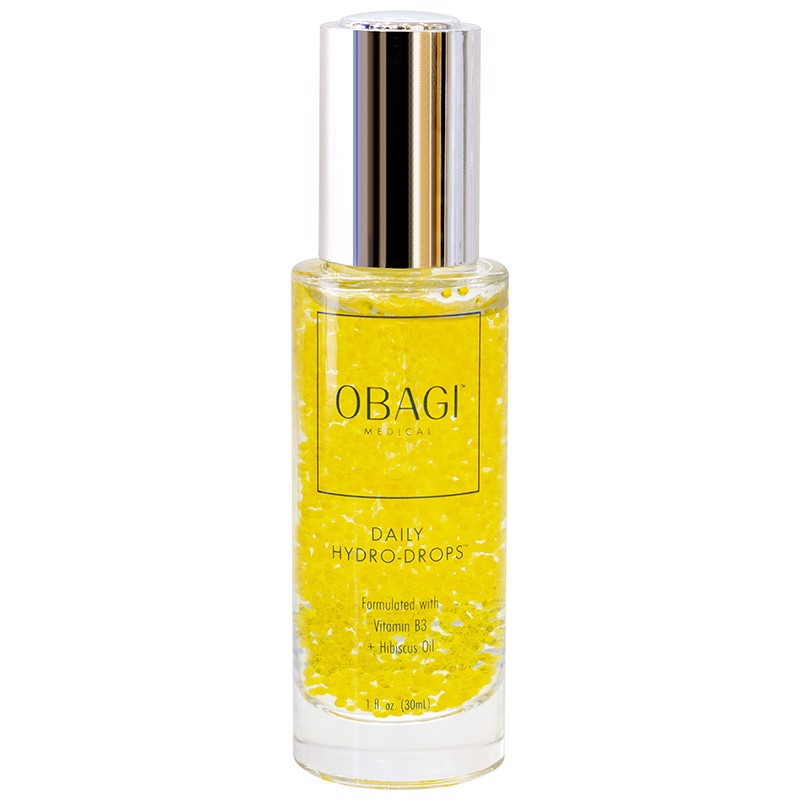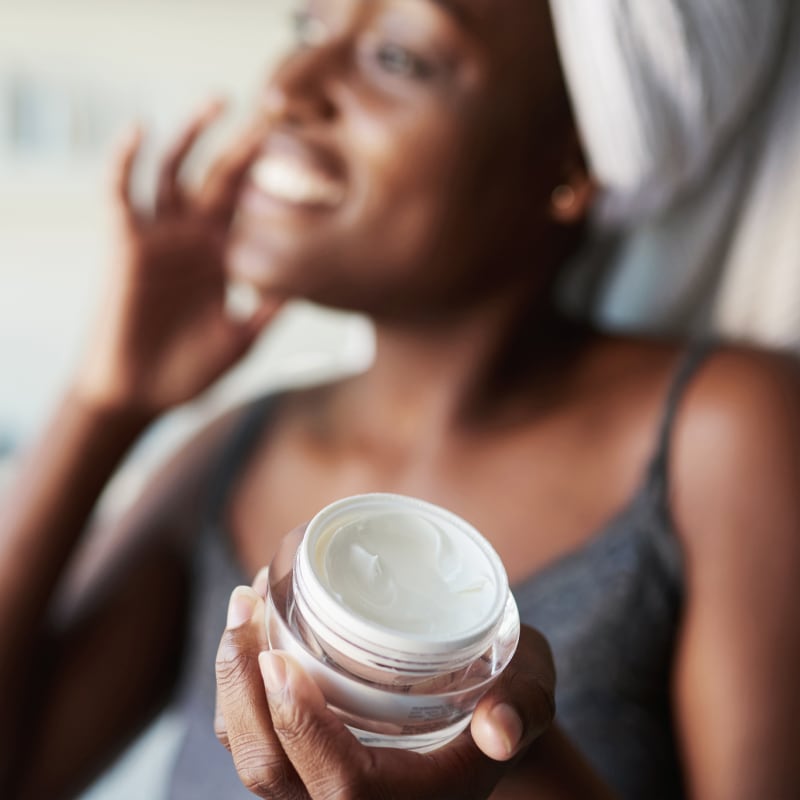How to Refresh Your Skincare Routine for the New Year
Posted on 9th January 2025
The start of a new year is the perfect time to reflect on your skincare journey and make adjustments that will enhance your skin’s health and appearance in the year ahead. Just as we update our wardrobes or fitness goals, it’s important to refresh your skincare routine to ensure it’s working as effectively as possible for your skin. Whether you’re looking to address new concerns, try out trending ingredients, or simply switch things up, refreshing your skincare routine can give your skin the rejuvenation it needs to glow all year long.
In this blog post, we’ll guide you through practical steps for updating your skincare routine for the new year, along with product recommendations to make your skin feel fresh and revitalized.
1. Evaluate Your Current Routine
Before making any changes, take a moment to evaluate your existing skincare routine. Are you seeing the results you want, or do you feel like your skin has plateaued? Have your skin concerns shifted over the past year, or do you notice new issues arising (like dryness, breakouts, or fine lines)? This self-reflection will help you determine which products are still working for you and which ones need to be replaced or upgraded.
- Skin Type: Consider whether your skin type has changed due to age, climate, or lifestyle. For example, if you’ve moved to a colder climate, you may need richer moisturizers or more hydrating products. If you’ve noticed more signs of aging, you may want to incorporate anti-aging ingredients.
- Skin Concerns: Take note of any new skin issues or changes. Are you dealing with more acne or pigmentation, or is your skin feeling drier or more sensitive? Updating your routine to target your current skin concerns is key to seeing improvements.
2. Introduce New Active Ingredients
A great way to refresh your skincare routine is by incorporating new active ingredients that can deliver visible results. Here are some trending ingredients to consider adding:
- Hyaluronic Acid: This hydrating powerhouse attracts moisture to the skin and plumps it up, making it perfect for dry or dehydrated skin. If you haven’t yet incorporated a hyaluronic acid serum, the new year is a great time to start.
- Vitamin C: Known for its brightening and anti-aging benefits, Vitamin C can help even out skin tone, reduce pigmentation, and provide antioxidant protection against environmental stressors.
- Retinol: Retinol and other forms of Vitamin A help promote cell turnover, reduce fine lines, and fight acne. If you haven’t used retinol before, start with a gentle formulation and increase usage over time.
- Niacinamide: This ingredient helps calm inflammation, reduce redness, and balance the skin’s oil production. It’s ideal for sensitive skin or for addressing acne or rosacea concerns.
- Peptides: Peptides are great for improving skin elasticity and boosting collagen production, making them perfect for anti-aging skincare routines.
3. Switch Up Your Cleanser
Your skin’s needs may change as the seasons shift, so it might be time to reassess your cleanser. For instance, if you’ve been using a gel-based or foaming cleanser during the summer, you may want to switch to a more hydrating, cream-based cleanser in the winter to avoid stripping your skin’s natural oils.
- Dry Skin: If your skin is feeling tight or flaky, opt for a hydrating, cream-based cleanser that will nourish and soothe without over-drying.
- Oily or Acne-Prone Skin: If your skin is still prone to excess oil and breakouts, consider a gentle gel-based cleanser with salicylic acid to keep pores clear.
- Sensitive Skin: For sensitive skin, choose a fragrance-free, calming cleanser with ingredients like chamomile or aloe vera to reduce irritation.
4. Update Your Moisturizer for Seasonal Changes
The winter months can often leave skin feeling drier and more prone to irritation, so it’s essential to switch to a richer, more nourishing moisturizer if needed. A hydrating moisturizer is a must, but you also want to ensure it works well with the rest of your routine.
- Dry or Mature Skin: Look for moisturizers with nourishing ingredients like ceramides, hyaluronic acid, or squalane to lock in moisture and restore the skin barrier.
- Oily or Combination Skin: Choose a lightweight, non-comedogenic moisturizer that hydrates without making the skin greasy. Gel-based moisturizers or oil-free formulations are ideal for this skin type.
- Sensitive Skin: Opt for calming, fragrance-free moisturizers with ingredients like calendula or chamomile to help soothe and protect the skin.
5. Exfoliate for a Fresh Start
Exfoliation is an essential step to remove dead skin cells and promote skin renewal, but it’s important to find the right balance. Over-exfoliating can lead to irritation, while under-exfoliating can cause a build-up of dead skin that makes your complexion look dull.
- Physical Exfoliants: Choose gentle scrubs with small, non-abrasive particles to avoid damaging the skin. Use them no more than 1-2 times a week.
- Chemical Exfoliants: AHAs (like glycolic acid) and BHAs (like salicylic acid) are great for exfoliating without manual scrubbing. If you’re new to chemical exfoliants, start with a low concentration and gradually increase as your skin builds tolerance.
6. Commit to Sunscreen (Every Day)
Sunscreen is essential 365 days a year, regardless of the season. UV rays can cause long-term damage to your skin, contributing to premature aging, hyperpigmentation, and skin cancer. Make sunscreen a non-negotiable part of your morning skincare routine.
- Broad-Spectrum Protection: Choose a sunscreen with SPF 30 or higher that protects against both UVA and UVB rays.
- Formula: If you prefer a lighter option, opt for a gel-based sunscreen for oily skin or a moisturizing sunscreen for dry skin.
7. Pamper Yourself with Masks and Treatments
Sometimes your skin needs an extra boost, especially if you’re experiencing stress or have been exposed to environmental pollutants. Incorporating weekly face masks or treatments into your routine can help address specific skin concerns and revitalize your complexion.
- Hydrating Masks: Look for masks that contain hyaluronic acid or aloe vera to quench dehydrated skin.
- Brightening Masks: Vitamin C or niacinamide masks can help brighten the skin and reduce dullness.
- Detox Masks: Clay or charcoal masks are great for purging impurities and reducing congestion in the skin.
8. Practice Self-Care
Skincare isn’t just about the products you apply—it’s also about your overall well-being. Stress can take a toll on your skin, so taking care of your mental health is just as important as taking care of your skin. Practice self-care habits like meditation, yoga, or even taking a relaxing bath to help reduce stress levels.
Conclusion
As the new year begins, it’s the perfect time to refresh your skincare routine and set your skin up for a glowing year ahead. By evaluating your current routine, introducing new active ingredients, switching up your cleanser, and focusing on hydration, you can give your skin the rejuvenation it needs. Remember, skincare is about consistency, so stick with your new routine and allow your skin time to adjust and show results.



